Complete Guide to Understanding Sleep Apnea: Symptoms, Causes, and Treatments in 2024
Learn all about sleep apnea, including its types, symptoms, causes, diagnosis, and treatment options. Discover how to manage this sleep disorder effectively through expert insights and personal stories.
Introduction
What is Sleep Apnea?
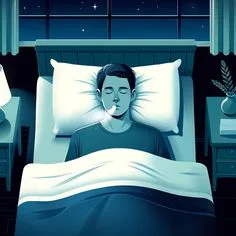
Sleep apnea is a sleep disorder where your breathing repeatedly stops and starts during sleep. These interruptions, called apneas, can last from a few seconds to a minute. This can happen many times throughout the night, making it hard to get a good night’s sleep.
Why is Sleep Apnea Important?
Sleep apnea affects millions of people worldwide and can lead to serious health problems like heart disease, diabetes, and daytime tiredness. Many people with sleep apnea don’t even know they have it. Understanding sleep apnea is important so you can recognize the signs, get the right treatment, and improve your overall health.
Types and Categories of Sleep Apnea
Obstructive Sleep Apnea (OSA)
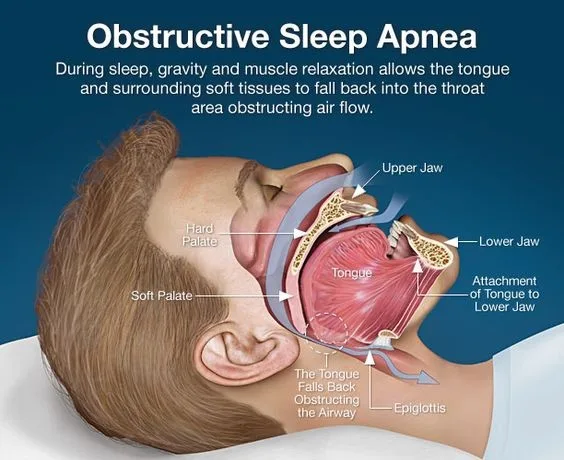
This is the most common type. It happens when the muscles in the throat relax too much and block the airway. This often causes loud snoring.
Central Sleep Apnea (CSA)
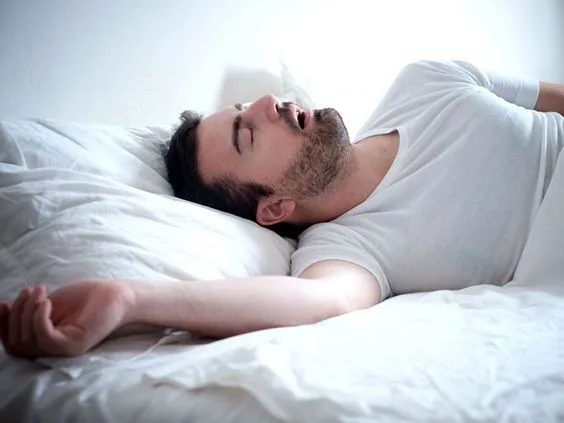
This type is less common. It occurs when the brain doesn’t send the right signals to the muscles that control breathing. This means there isn’t always a blockage, but the person still stops breathing.
Complex Sleep Apnea Syndrome
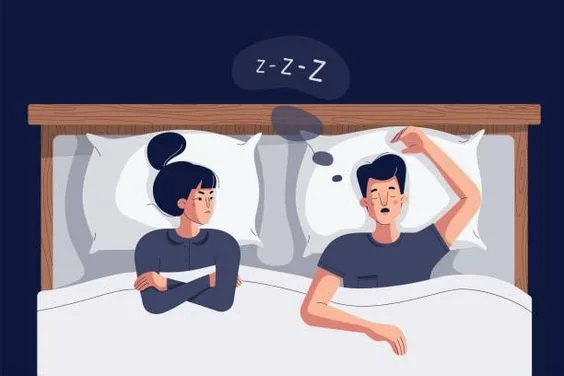
This is a mix of both obstructive and central sleep apnea. It sometimes appears in people who are being treated for obstructive sleep apnea with a CPAP machine.
Symptoms and Signs
Common Symptoms
- Loud Snoring: A key sign, especially in obstructive sleep apnea.
- Gasping for Air During Sleep: You might wake up feeling like you’re choking.
- Morning Headaches: Due to low oxygen levels during sleep.
- Daytime Sleepiness: Feeling very tired during the day because your sleep is often interrupted.
- Trouble Concentrating: Hard to focus and think clearly because of poor sleep.
Uncommon Symptoms
- Night Sweats: Sweating a lot during sleep.
- Frequent Nighttime Urination: Waking up often to go to the bathroom.
- Dry Mouth or Sore Throat in the Morning: From breathing through your mouth while sleeping.
- Mood Changes: Feeling irritable, depressed, or anxious.
Causes and Risk Factors
Biological Factors
- Anatomy: Physical traits like a thick neck, narrow throat, or large tonsils can cause obstructive sleep apnea.
- Age: The risk increases as you get older.
- Gender: Men are more likely to have sleep apnea than women.
Environmental Factors
- Sleeping Position: Sleeping on your back can make it more likely.
- Alcohol and Sedatives: These relax the throat muscles, increasing the risk of blockage.
Lifestyle Factors
- Obesity: Extra weight, especially around the neck, can block the airway.
- Smoking: This can increase inflammation and fluid in the airway.
Diagnosis and Tests
Initial Evaluation
- Medical History: Discussing your symptoms, sleep habits, and family history of sleep disorders.
- Physical Examination: Checking for traits linked to sleep apnea, like large tonsils or a thick neck.
Diagnostic Tests
- Polysomnography (Sleep Study): The best test for diagnosing sleep apnea. It measures brain activity, eye movement, heart rate, and oxygen levels during sleep.
- Home Sleep Apnea Testing (HSAT): A simpler version of a sleep study that you can do at home.
Treatment Options
Medical Treatments
- Continuous Positive Airway Pressure (CPAP): The most common treatment for obstructive sleep apnea. You wear a mask over your nose or mouth that delivers a steady stream of air to keep your airway open.
- Bi-level Positive Airway Pressure (BiPAP): Similar to CPAP but with different air pressures for inhaling and exhaling.
- Adaptive Servo-Ventilation (ASV): Used for treating complex sleep apnea.
Surgical Options
- Uvulopalatopharyngoplasty (UPPP): Surgery to remove tissue from the throat to widen the airway.
- Genioglossus Advancement (GA): Surgery to move the tongue muscle forward, increasing the size of the airway.
- Maxillomandibular Advancement (MMA): Surgery to move the jaw forward, making more space behind the tongue and soft palate.
Lifestyle Adjustments
- Weight Loss: Losing weight can greatly reduce the severity of sleep apnea.
- Positional Therapy: Avoiding sleeping on your back.
- Avoiding Alcohol and Smoking: Cutting back or quitting can improve symptoms.
Preventive Measures
Healthy Lifestyle Choices
- Regular Exercise: Helps you maintain a healthy weight.
- Balanced Diet: Supports overall health and weight management.
Sleep Hygiene
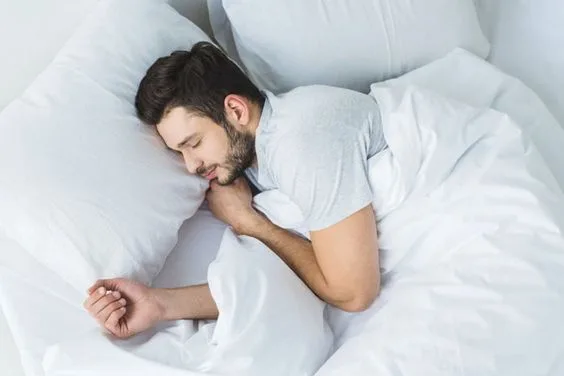
- Consistent Sleep Schedule: Going to bed and waking up at the same time every day.
- Creating a Sleep-Friendly Environment: Keeping your bedroom quiet, dark, and cool.
Personal Stories or Case Studies
Real-Life Experiences
Stories from people who have sleep-apnea can show how it affects daily life and why getting diagnosed and treated is so important. These stories often show big improvements in health and quality of life after treatment.
Expert Insights
Advice from Medical Professionals
Including advice from sleep doctors and medical experts can provide useful tips on managing sleep apnea. Experts can explain the latest treatments and new research.
Conclusion
Recap of Key Points
Sleep -apnea is a common and serious condition that can lead to health problems if left untreated. Knowing the different types, symptoms, causes, and treatment options can help manage the condition effectively. Medical treatment and lifestyle changes can greatly improve sleep quality and overall health.
Call to Action
If you think you or someone you know might have sleep-apnea, talk to a doctor as soon as possible. Early diagnosis and treatment can make a big difference in your health and quality of life
Sleep-Apnea FAQs: Your Questions Answered in Simple English
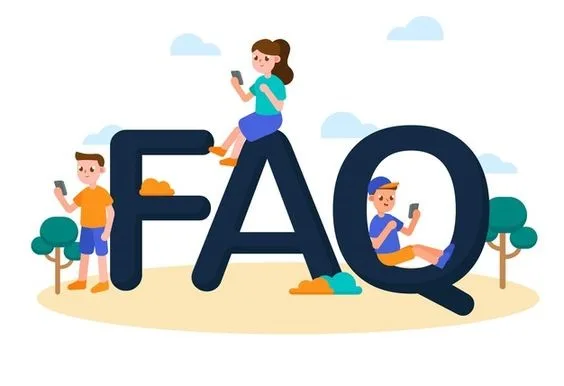
What is snoring? Is it always a sign of sleep-apnea?
Snoring is a common sound that happens when your airway vibrates during sleep. While loud snoring can be a symptom of sleep apnea, not everyone who snores has it. There are many reasons why someone might snore, such as allergies or a stuffy nose. If your snoring is loud and disrupts your sleep or the sleep of your partner, it’s important to see a doctor to rule out sleep apnea.
I feel tired all the time, even after sleeping through the night. Could this be sleep-apnea?
Excessive daytime sleepiness is a major symptom of sleep apnea. If you’re constantly tired, even after getting enough sleep, it’s a good idea to talk to your doctor about the possibility of sleep apnea.
I wake up gasping for air sometimes during the night. Is that sleep-apnea?
Waking up gasping for air can be a sign of sleep apnea. However, it’s not the only symptom. If you’re experiencing this along with other symptoms like daytime sleepiness or loud snoring, see your doctor for evaluation.
I don’t like the idea of using a CPAP machine. Are there other treatment options?
CPAP is the most common treatment for sleep apnea, but it’s not the only option. Other treatments include oral appliances that hold your jaw forward, lifestyle changes like weight loss and quitting smoking, and even surgery in some cases. Talk to your doctor about the best treatment option for you.
Is sleep -apnea serious?
Left untreated, sleep apnea can lead to serious health problems like high blood pressure, heart disease, and diabetes. It can also increase your risk of accidents due to daytime sleepiness. If you think you might have sleep apnea, it’s important to get diagnosed and treated.
How can I improve my sleep hygiene if I have sleep-apnea?
Sleep hygiene refers to healthy sleep habits that can improve your overall sleep quality. Here are some tips for good sleep hygiene:
- Go to bed and wake up at the same time each day, even on weekends.
- Create a relaxing bedtime routine that helps you wind down before sleep.
- Make sure your bedroom is dark, quiet, and cool.
- Avoid caffeine and alcohol before bed.
- Get regular exercise, but not too close to bedtime.
Disclaimer
The information provided in this blog is for general informational purposes only and is not intended to be a substitute for professional medical advice, diagnosis, or treatment. Always seek the advice of your physician or other qualified health providers with any questions you may have regarding a medical condition. Never disregard professional medical advice or delay in seeking it because of something you have read in this blog.
Share this content:
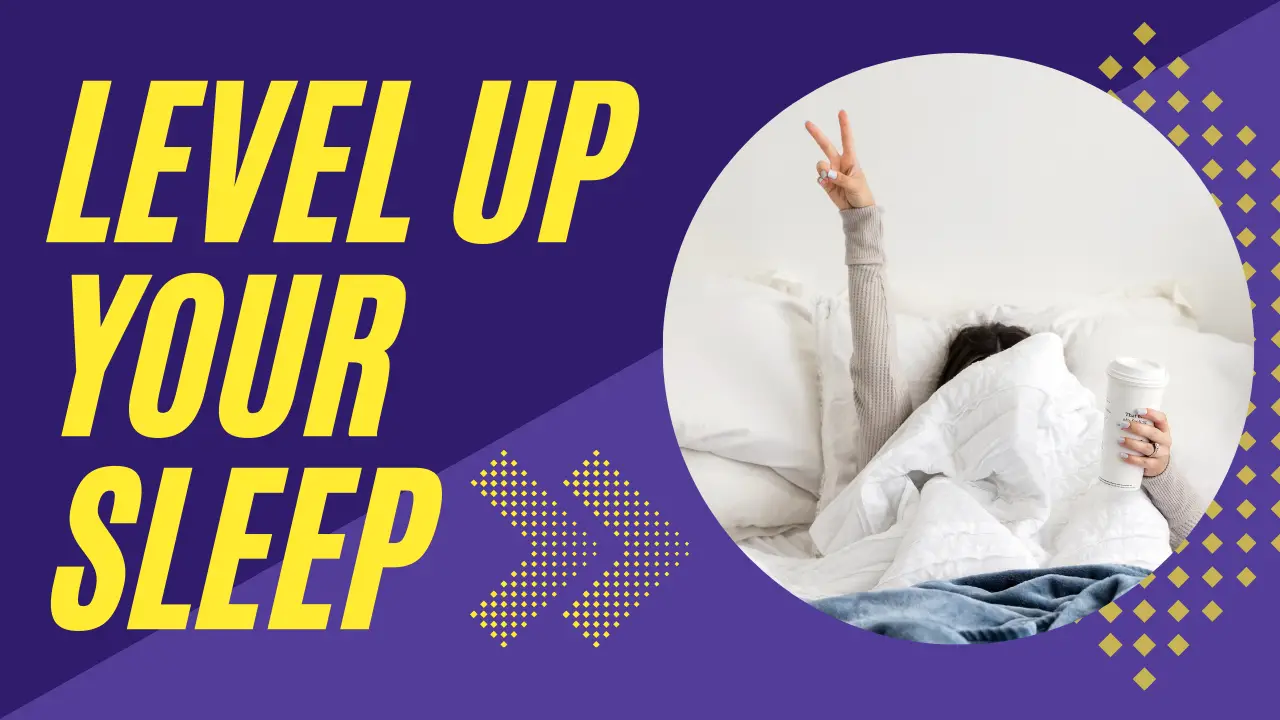
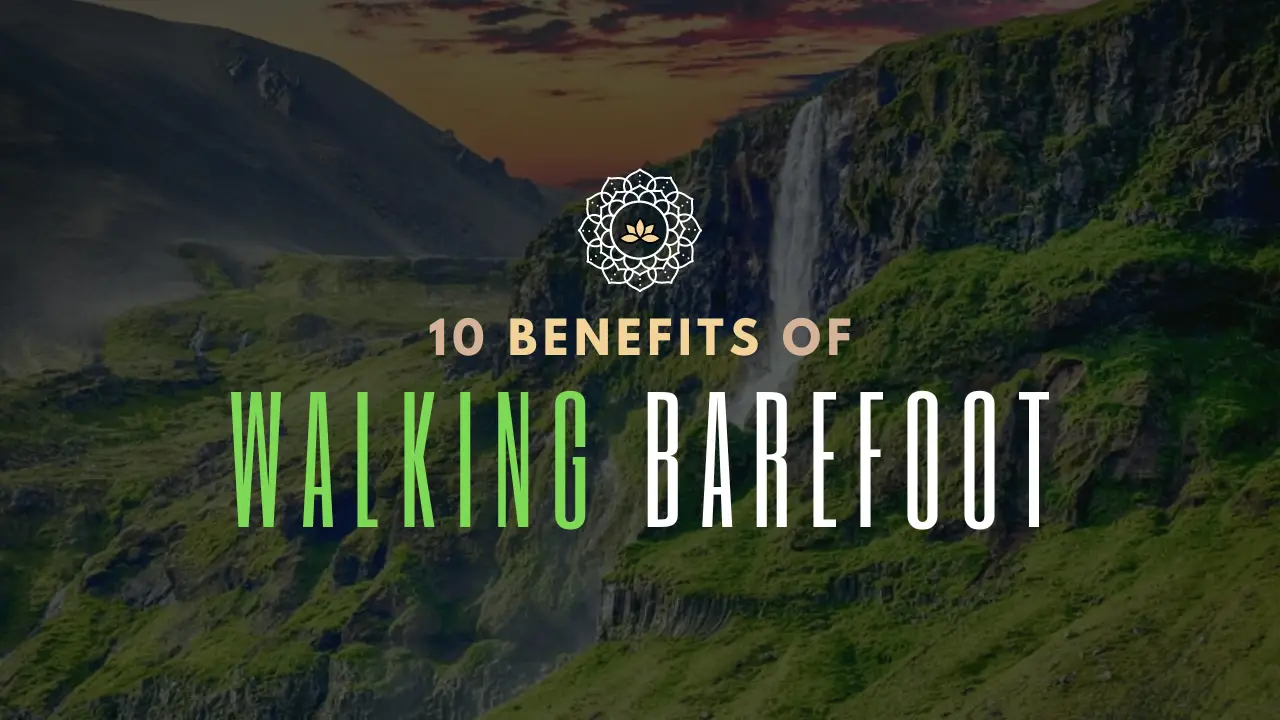

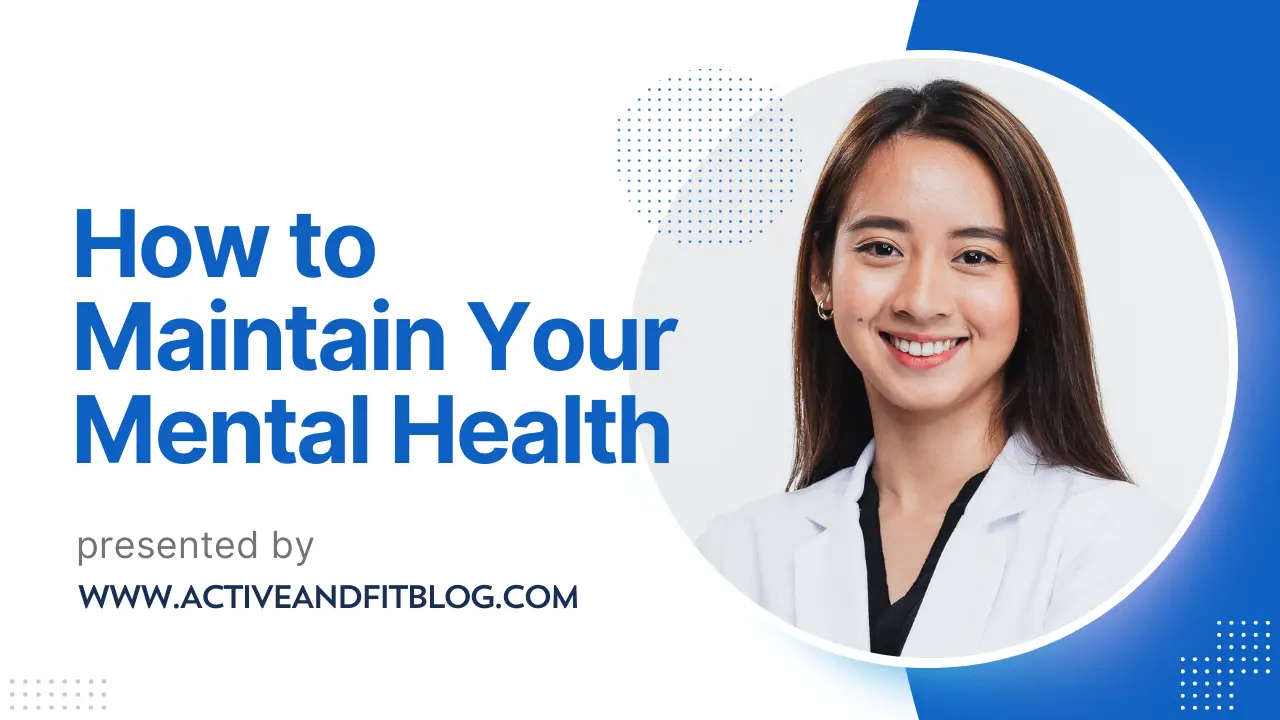


Post Comment